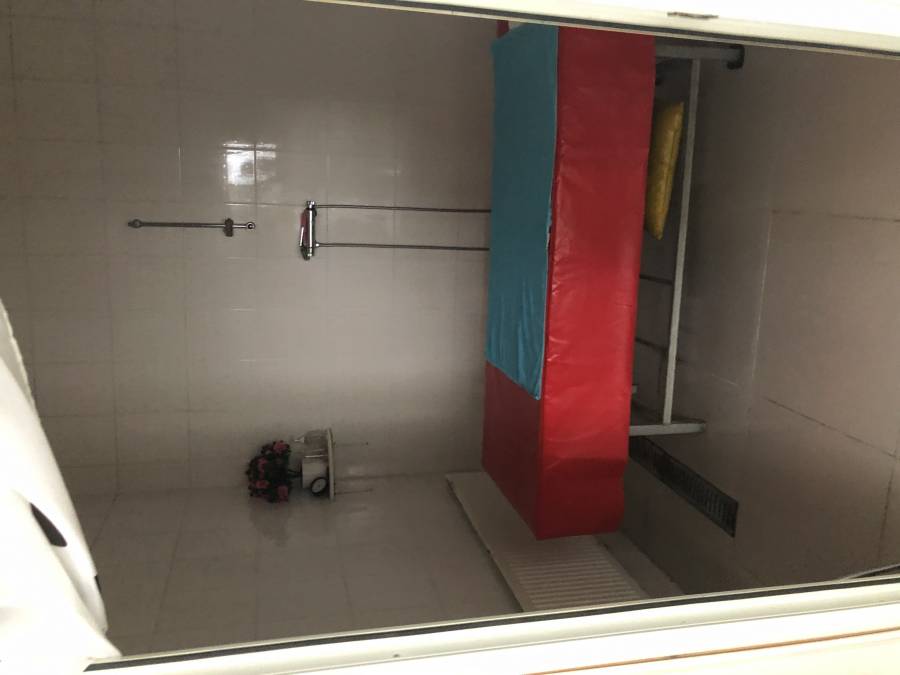630 potential victims of exploitation identified during Europe-wide coordinated action days
73 suspected human traffickers arrested in one-week operation
Between 31 May and 6 June 2021, Europol supported Europe-wide coordinated action days against human trafficking for labour exploitation. The operation, led by the Netherlands, involved a wide range of law enforcement authorities including police, immigration and border guards, labour inspectorates and tax authorities. In total, 24* countries took part in the coordinated operational activities.
The action week resulted in:
- 229 arrests (73 for trafficking of human beings);
- 630 possible victims of different types of exploitation identified;
- 4 890+ locations checked;
- 16 530+ vehicles checked;
- 56 250+ people checked;
- ~750 new investigations initiated, 150 related to trafficking of human beings.
Focus on labour-intensive sectors and domestic workers
Law enforcement authorities carried out inspections in labour-intensive sectors, which require low-skilled workers. Employees in sectors such as transport, logistics and construction are more vulnerable to exploitation due to the lower level of education and awareness required with regard to labour rights and human trafficking. The economic impact of the COVID-19 pandemic has also reinforced certain vulnerabilities. For example, victims accept employment in working conditions that may threaten their health. These endangering factors include overcrowded working environments, low hygiene arrangements and no health supervision.
Exploitation risks vary among sectors. Transport industries employ many third-country nationals, exposed to the exploitation risks related to overtime shifts and very low wages. The inspections also targeted the labour exploitation of domestic workers employed as 24/7 caregivers for humans and animals. Some labour sectors such as nail salons have been linked to the exploitation of victims of Vietnamese origin. Their vulnerability is often increased by debt bondage related to their travel to the European Union. Authorities also focused on the possible exploitation of migrants applying for refugee status during their asylum procedures. Another focus was on enablers involved in the trafficking of human beings, specifically through the use of fraudulent and false documents.
*Participating countries:
EU Member States: Austria, Belgium, Bulgaria, Croatia, Cyprus, Denmark, Finland, France, Germany, Hungary, Ireland, Italy, Latvia, Lithuania, the Netherlands, Poland, Portugal, Romania, Slovakia, Slovenia, Spain, Sweden.
Third party countries: Switzerland and the United Kingdom.
Europol coordinated the action days and facilitated the information exchange between the participating countries. Europol provided analytical and operational support 24/7 and facilitated the real-time exchange of communication between the participating authorities.
Headquartered in The Hague, the Netherlands, Europol supports the 27 EU Member States in their fight against terrorism, cybercrime, and other serious and organized crime forms. Europol also works with many non-EU partner states and international organisations. From its various threat assessments to its intelligence-gathering and operational activities, Europol has the tools and resources it needs to do its part in making Europe safer.
Tags
- Press Release/News
- Press Release
- Joint Action Days (JADs)
Empact
The European Multidisciplinary Platform Against Criminal Threats (EMPACT) tackles the most important threats posed by organised and serious international crime affecting the EU. EMPACT strengthens intelligence, strategic and operational cooperation between national authorities, EU institutions and bodies, and international partners. EMPACT runs in four-year cycles focusing on common EU crime priorities.

